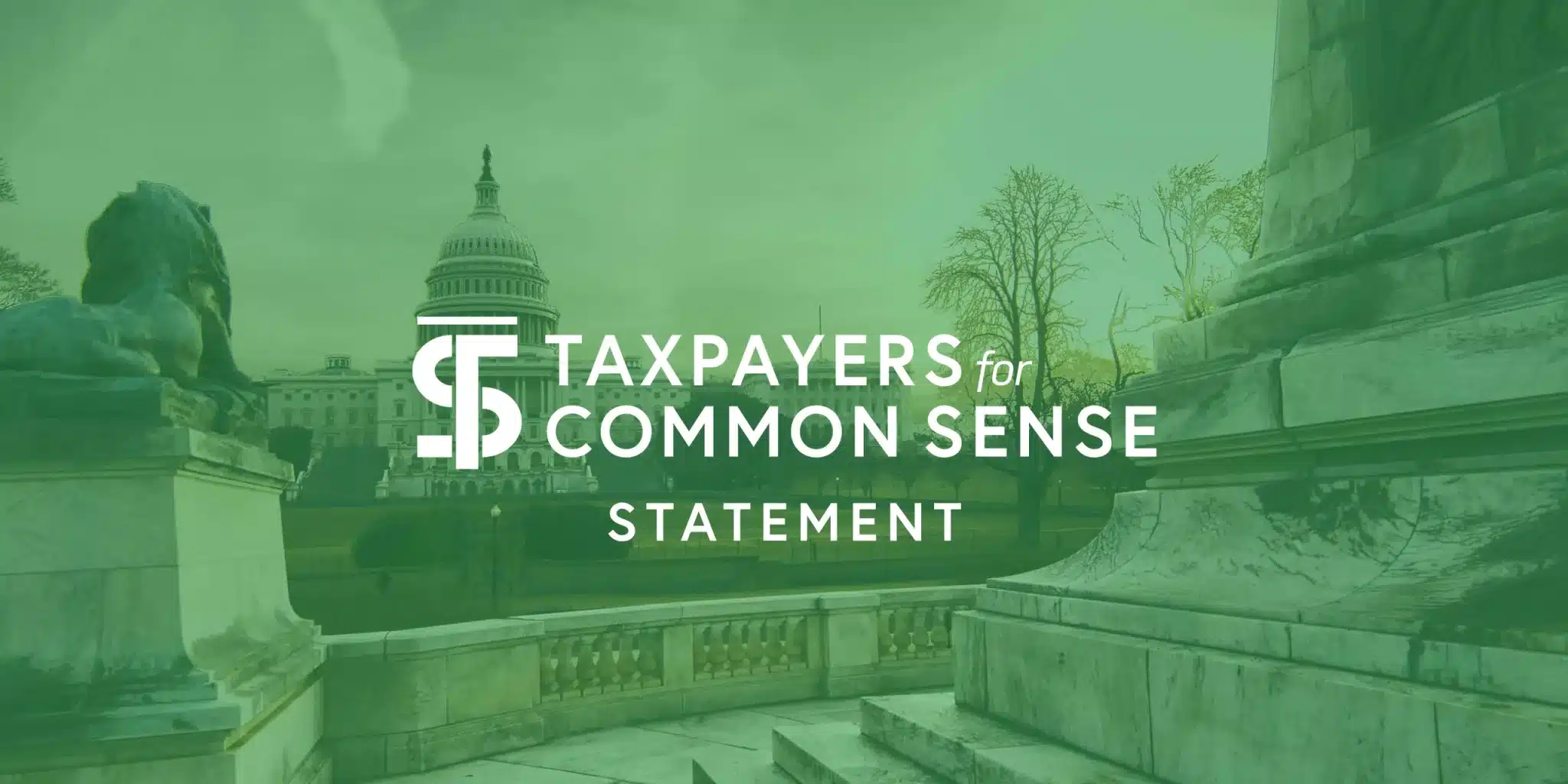Even before the dust is settled on the administration’s new tariff regime, lawmakers and agricultural special interests are calling for the Trump Administration to use the 1948 Commodity Credit Corporation (CCC) Charter Act to send subsidy checks to farm businesses. Special interest demands for a Charter Act bailout are fiscally irresponsible. Exercise of Charter Act authority is fully at the discretion of the Secretary of Agriculture, shifting the power of the purse from Congress to the administration, with no opportunity for oversight. Charter Act programs are funded by tapping a line of credit with Treasury, require no corresponding budgetary offset, and thus are 100 percent financed by increased debt. Republicans have long opposed past presidential abuse of Charter Act authority to advance partisan policy, undermine congressional intent, and increase deficit spending. Lawmakers must maintain the principle of fiscal responsibility and assert congressional authority over any federal spending in response to trade disruptions by opposing a Charter Act bailout.
Origins and Operations of the Commodity Credit Corporation
The Commodity Credit Corporation is a wholly owned corporation of the United States government. Created during the Great Depression and reconfigured during the Truman Administration, the CCC is mostly an accounting vehicle to cut and track checks for mandatory farm bill programs, including income subsidy, conservation, and foreign aid programs. It has permanent, indefinite authority to borrow up to $30 billion from the Treasury to finance these programs. Every year, as part of the appropriations process, Congress reimburses the CCC for its “borrowing” (reimbursement of net realized losses) effectively making the $30 billion an annual cap on spending for programs under the CCC’s jurisdiction.
The Commodity Credit Corporation Charter Act of 1948 (15 U.S.C. 714), however, also makes it a source of nearly unrestrained power. The Charter Act articulates a number of specific authorities granted to the CCC. Exercise of these authorities is at the discretion of the Secretary of Agriculture. The authorities include the ability to create programs aimed at increasing domestic consumption, removing “surplus” commodities, assisting in production and marketing, aiding in exports, purchasing crops for federal programs, and supporting prices through loans, purchases, payments, and other operations. Charter Act spending requires no additional authorization or appropriations from Congress. The only potential limits are 1) the $30 billion cap on total borrowing authority, 2) limitations and restrictions articulated in appropriations bills, and 3) political humility and respect for markets.
Fiscal Conservatives Oppose Administrative Abuse of Charter Act Authority
- In 2010, conservatives, including then-Rep. John Boozman (R-AR) and Agriculture Committee Ranking Member Frank Lucas (R-OK), opposed the Obama Administration’s use of the Charter Act to fund “emergency” disaster assistance in an apparent bid to help secure the reelection of Senate Agriculture Committee Chair Blanche Lincoln (D-AR).
- In 2015, Secretary Vilsack earned a Golden Fleece Award for using the Charter Act to construct ethanol blender pumps at private gas stations, directly contravening congressional prohibitions for doing so in the 2014 Farm Bill.
- House Agriculture Committee Chairman Glenn Thompson (R-PA), House Appropriations Subcommittee on Agriculture Chairman Andy Harris (R-MD), and Senators Chuck Grassley (R-IA) and Roger Marshall (R-KS) are amongst the many conservatives who criticized use of the Charter Act to end-run Congress in enactment of the $3.1 billion Partnerships for Climate-Smart Commodities.
- Principled conservative organizations including the Heritage Foundation, American Enterprise Institute, and Taxpayers for Common Sense have repeatedly warned of the negative fiscal and public policy ramifications of Charter Act misuse.
Asserting Congressional Authority by Limiting Charter Act Discretionary Authority
- From FY2012 to FY2017, Republican-authored appropriations prohibited all surplus removal or price support activities. (For example P.L. 115–31, Division A, Sec. 715).
- Senators Grassley (R-IA), Braun (R-IN), and Marshall (R-KS) introduced the USDA Spending Accountability Act (S. 2244) in July, 2023, limiting use of the Charter Act to only actions expressly authorized by Congress.
- The FY2024 House Agriculture Appropriations bill included a prohibition on exercise of all discretionary Charter Act activities (Sec. 714).
- The Republican Study Committee’s FY2025 Budget proposal “Fiscal Sanity to Save America” includes restricting use of Charter Act discretionary authority. As did RSC budget proposals in FY2024, FY2023, and FY2022.
- Both the House and Senate Agriculture Committees restricted the Secretary’s discretionary Charter Act authority in their committee drafted 2024 farm bills.
USDA’s Charter Act authority is an outdated policy that usurps congressional authority over spending, injects instability and unpredictability into the agricultural safety net, and increases federal deficits. Fiscal conservatives must continue raising the alarm on this dangerous policy and oppose administrative misuse of the Commodity Credit Corporation.











Get Social